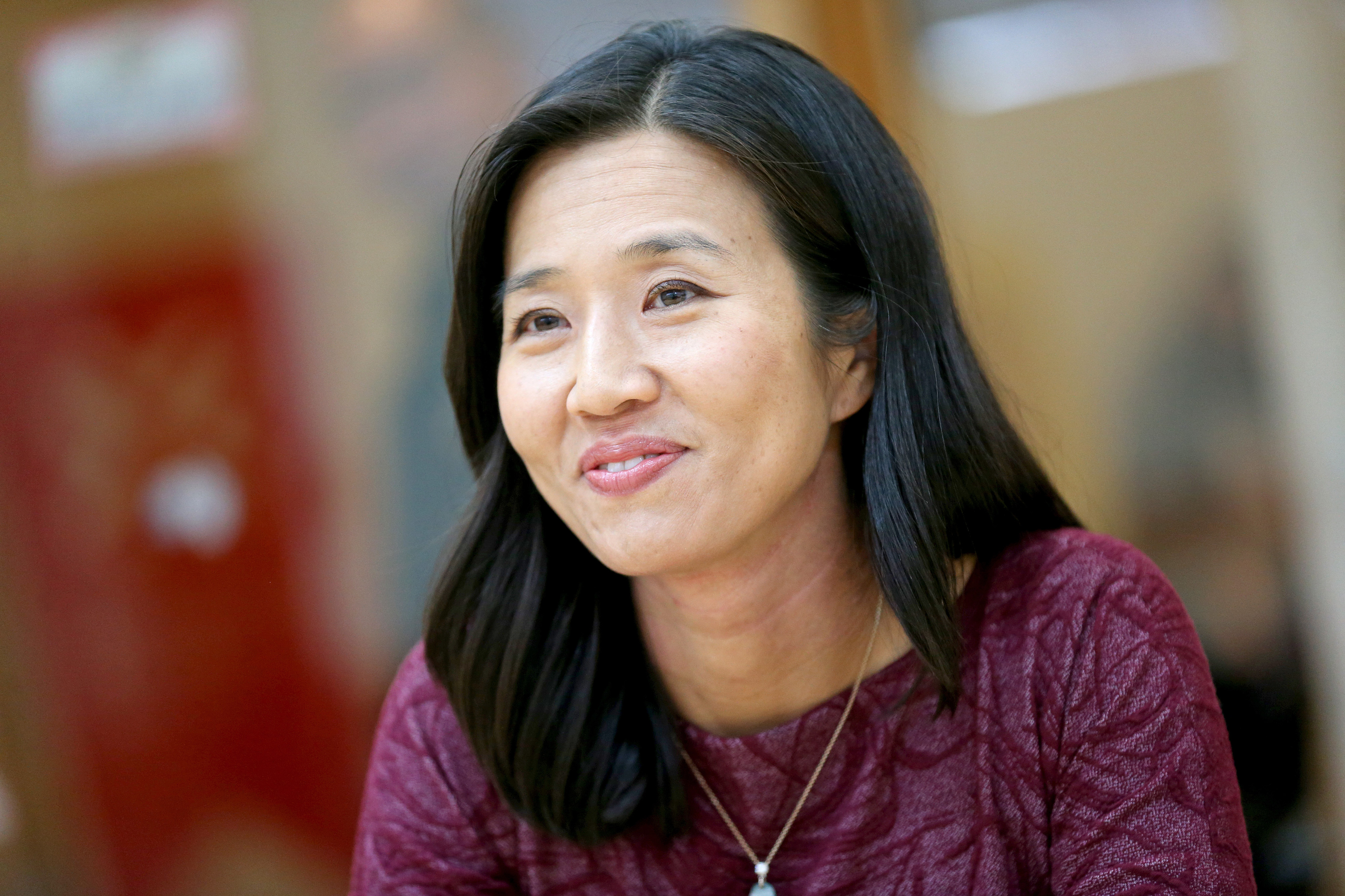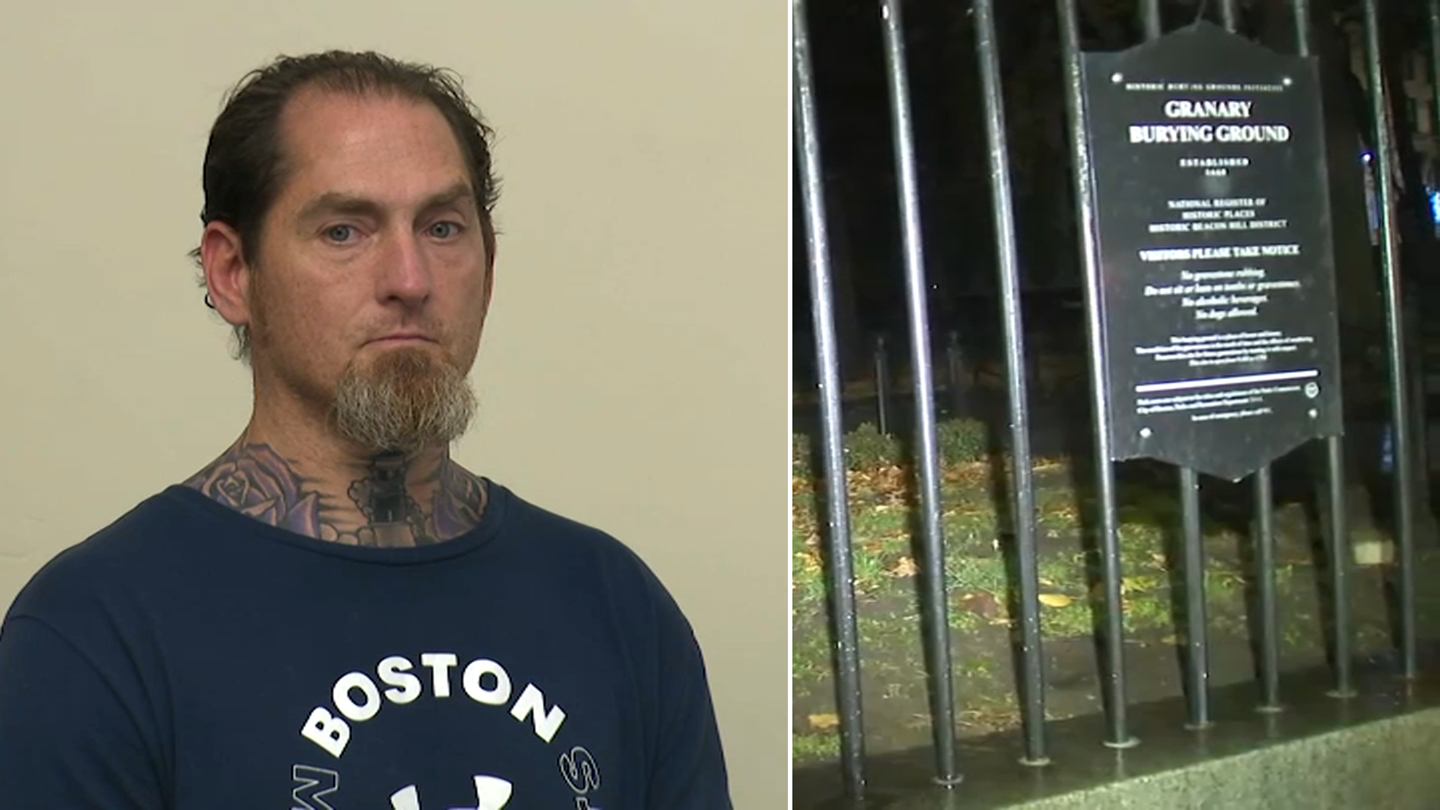A new course at Curry College combines medicine and theater.
For Lily Smith, it is another busy day seeing patients. On a Monday in Milton, Massachusetts, she was treating a mother and her newborn baby.
The experience is real, but nothing else is. The patient is a Curry College student actor, and Smith, for her part, isn't a nurse but rather a student in Curry's School of Nursing.
WATCH ANYTIME FOR FREE
Stream NBC10 Boston news for free, 24/7, wherever you are. |
"It exposes you to so many different things that you wouldn't get to see," Smith said.
After receiving a grant in 2021, Curry College launched a new course entitled, "Healthcare Acting: Acting the Patient's Role." The course, taught in conjunction with Curry's theater department and School of Nursing, teaches students on campus how to be healthcare actors.
Get updates on what's happening in Boston to your inbox. Sign up for our News Headlines newsletter.
After completing the course, students can then apply for a student job on campus as a healthcare actor participating in these real-life medical simulations.
"Having a live patient that can really respond and interact is nice. Really gives it a real feel," said Jackie Carroll, a professor in the nursing school.
Get updates on what's happening in Boston to your inbox. Sign up for our News Headlines newsletter.
This hands-on training comes amid a continued nursing shortage in Massachusetts.
Currently, there are about 19,000 job vacancies in hospitals around the state, according to the Massachusetts Health and Hospital Association.
And, hospitals have been pushing to pass a bill that would make a pandemic-era provision allowing soon-to-be nurses and recent graduates to start practicing a permanent measure.
"It is excellent for students to be able to go through the critical thinking, the judgement, the thinking," said Dr. Michelle McMahon, dean of Curry College's School of Nursing. "Healthcare actors can allow us the best of both worlds."
McMahon said the healthcare acting class is attracting a wide array of students, ranging from communications majors to theater majors and psychology students.
"The ability to practice in a safe setting where you can make a mistake and you can learn from it," McMahon said. "It is nice to not have nursing students do it because part of the learning is the little bit of the uncertainty, is not knowing every part of the case."



